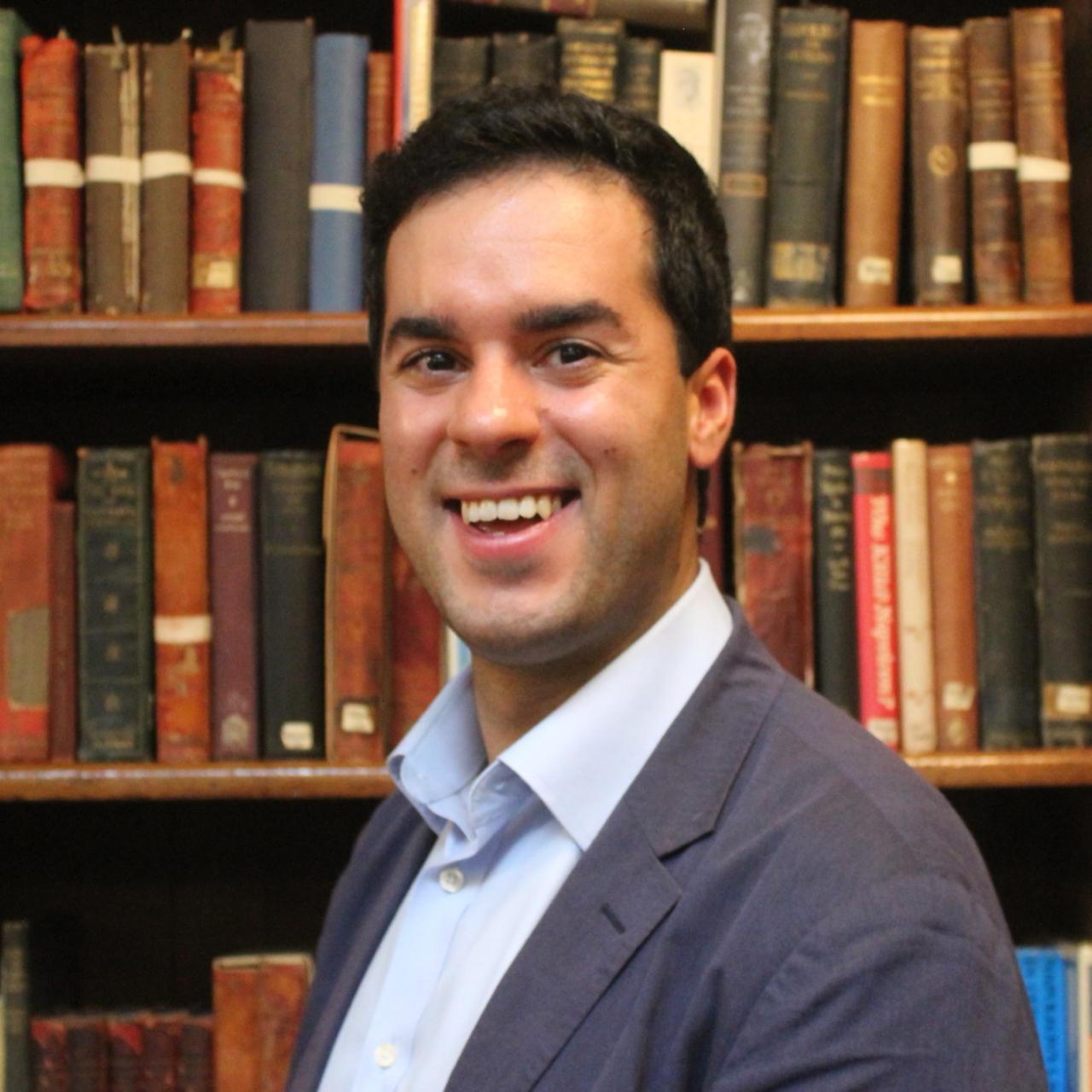 Working Team
Thomas Barton
Working Team
Thomas Barton
Thomas is the Executive Director of the CCOD, responsible for the management and strategic direction of the Council, shaping the policy positions adopted by the CCOD, and making representations to key stakeholders on behalf of members. Thomas founded Polis Analysis in October 2019 and is responsible for leading the organisation, which focuses on delivering geopolitical analysis and research, as well as policy advocacy on online disinformation. Alongside his role as CEO at Polis Analysis, Thomas has worked as a senior political lobbyist at 3 leading FTSE100 companies, in the UK Parliament, and a UK political party, gaining a wealth of professional experience in the policy and political sphere. Thomas has completed an executive MPhil in Public Policy at the University of Cambridge, which includes producing a report on disinformation for the Department of Science, Innovation, and Technology.
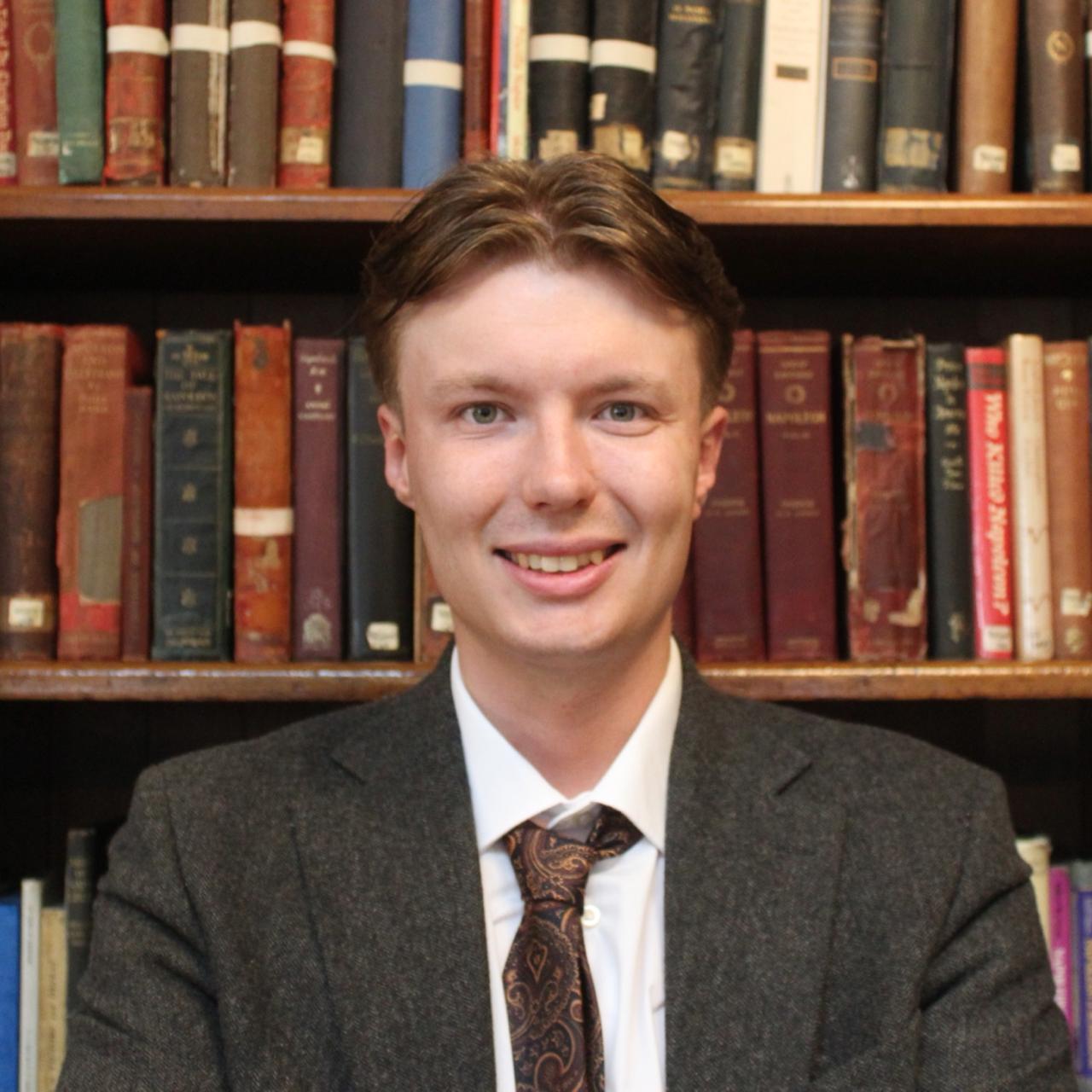 Working Team
Edward Stoppard
Working Team
Edward Stoppard
Edward is the political research and analysis lead at the CCOD, focusing on the geopolitical context shaping the information integrity landscape and monitoring key Westminster and Whitehall developments. He brings substantial experience in political research, leading the Reports Team at Polis Analysis. In addition, Edward works as an Assistant Editor at the Improve the News Foundation and previously held a position at NewsNow, a leading news aggregation platform. His strong interest in politics and current affairs underpins his analytical approach, providing valuable insight into the political dynamics that influence disinformation and information integrity.
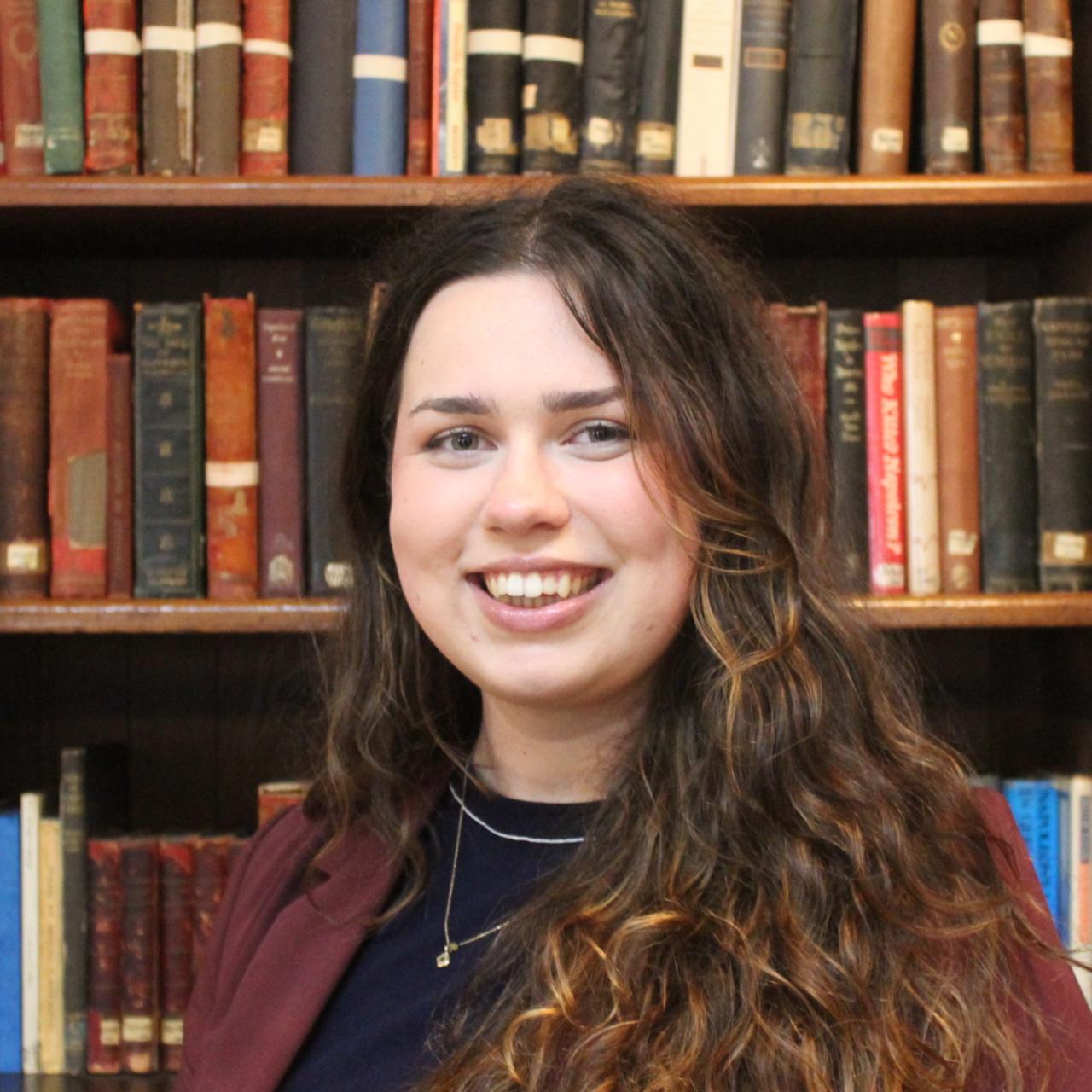 Working Team
Elisha Carter
Working Team
Elisha Carter
Elisha is the education research and solution development lead at the CCOD, with a focus on media and digital literacy, and will work closely with Joshua on the CCOD's general policy work. She has valuable experience working with education providers and third-party organisations, developing and implementing educational solutions. She also holds voluntary policy evaluation and advocacy positions at multiple organisations, and is CEO of her educational initiatives company. Her areas of expertise include cultural misogyny, social mobility, epistemological equity, and sociocultural approaches to mental health, so she is well-positioned to understand the wider implications of policy and educational amendments to the handling of disinformation. She holds a BA in Education from the University of Cambridge.
 Advisory Board
Dani Dhiman
Advisory Board
Dani Dhiman
Dani Dhiman is a seasoned tech policy expert who has advised tech companies, startups, regulators, and policymakers around the world on emerging digital regulation issues at the forefront of technological innovation. Dani has held a range of policy, research, and technical roles at organisations such as the UK's largest tech trade body, techUK, Vodafone Group, Digital Catapult, and Starling Bank. Dani currently works at the boutique AI consultancy Formation Advisory, founded by Verity Harding, and serves on the AI Futures Council for the generative AI startup, Synthesia.
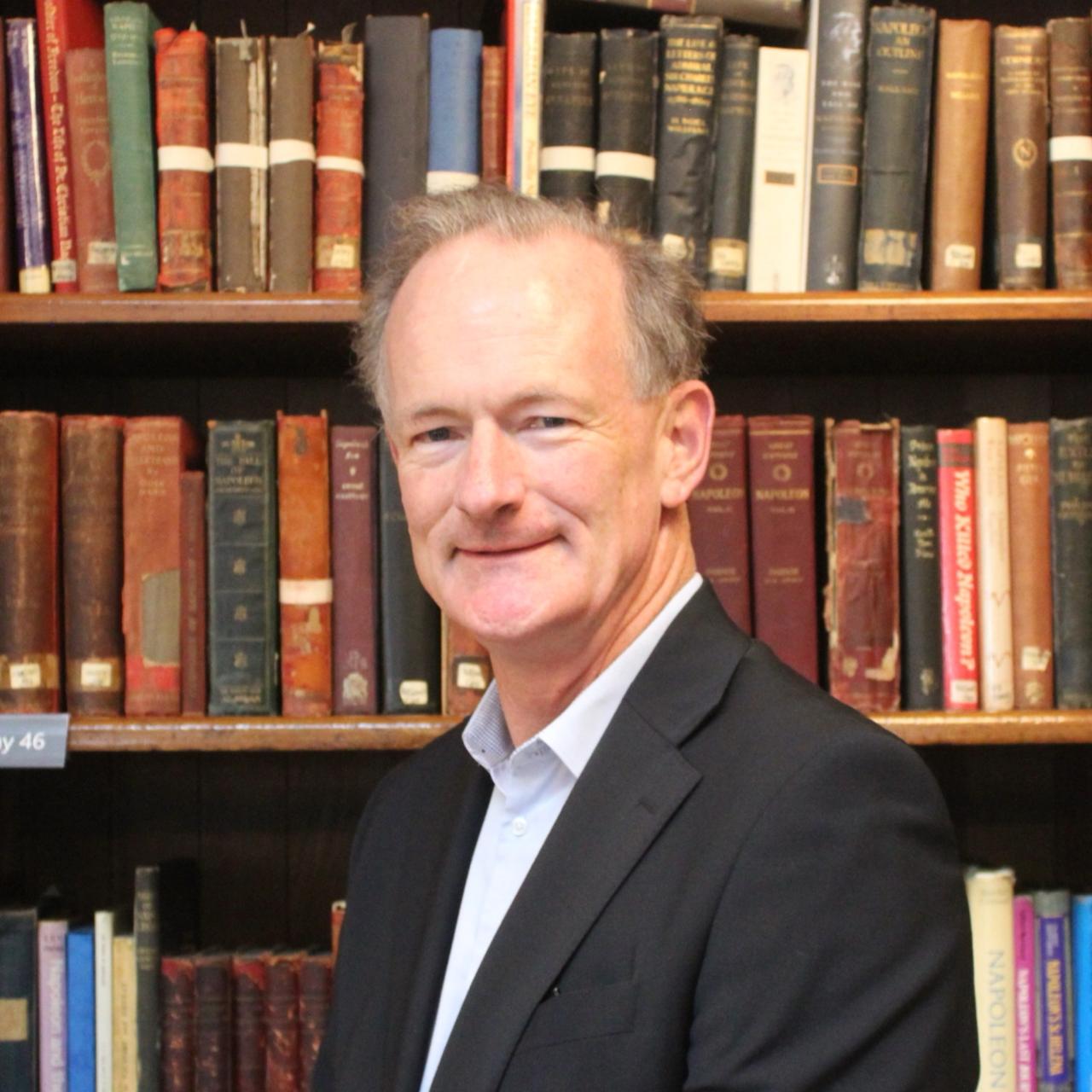 Advisory Board
John Penrose
Advisory Board
John Penrose
John Penrose is a British politician who served as the MP for Weston-super-Mare from 2005 until 2024, during which Penrose held numerous ministerial positions. Most notably, Penrose served as the UK Anti-Corruption Champion at the Home Office from 2017 until 2022. Penrose, currently chair of the Conservative Policy Forum, is the founder of the Centre for Small-State Conservatives, an Advisory Board member at Onward, and an Associate Fellow at Bright Blue. With decades of experience, a deep understanding of parliamentary procedure, and political connections, Penrose provides the CCOD with invaluable insight and access into the UK's political scene.
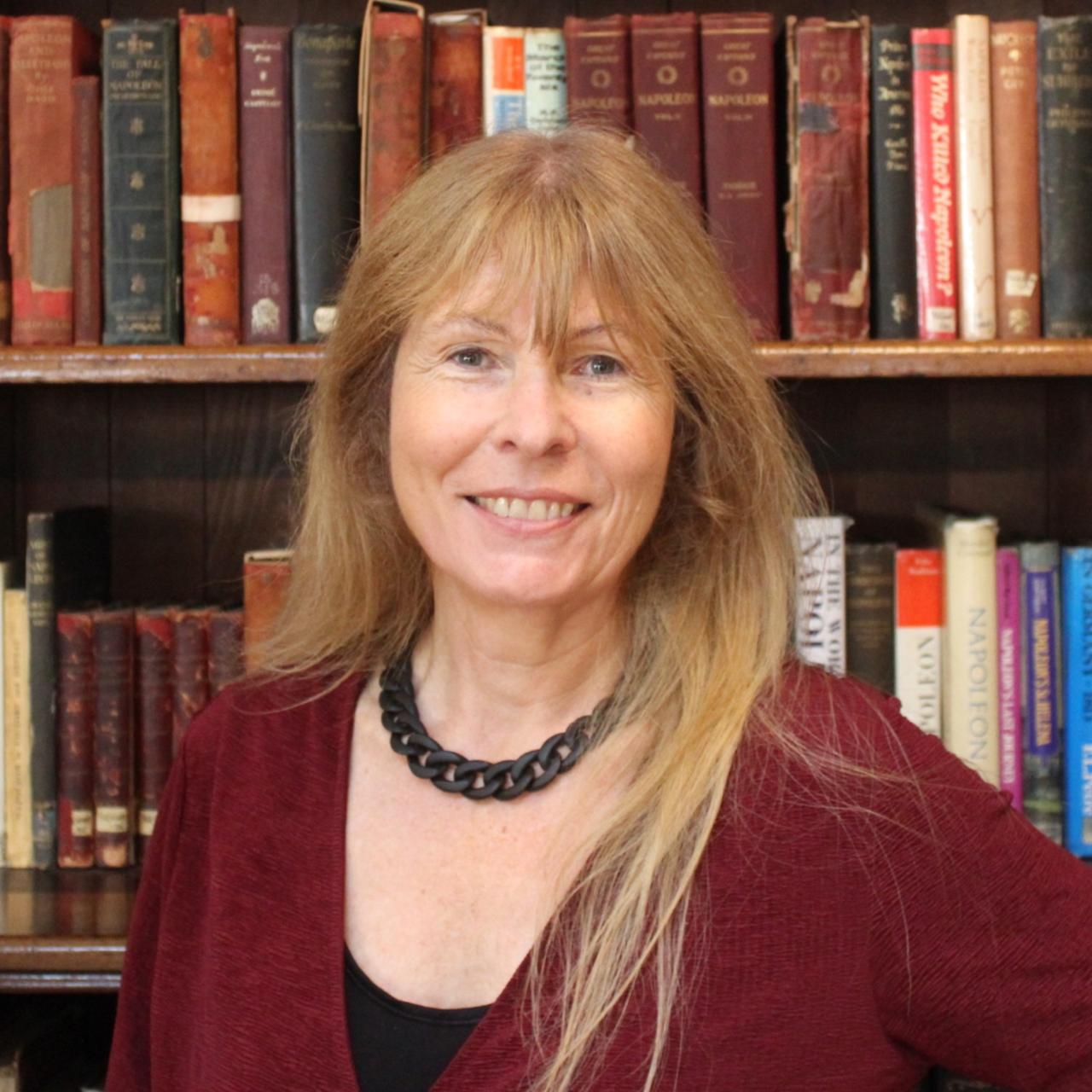 Advisory Board
Clare Rewcastle Brown
Advisory Board
Clare Rewcastle Brown
Clare is a renowned environmental and anti-corruption activist, published author, blogger, and advocate journalist. She is the founder and editor of the Sarawak Report website. Clare's investigations resulted in the exposure of the 1MDB Development Fund corruption scandal in Malaysia, the largest on record. Clare brings heavyweight journalistic experience to our Advisory Board, supporting our mission to combat fake news and empower people with quality, factual analysis.
 Advisory Board
Sander van der Linden
Advisory Board
Sander van der Linden
Sander van der Linden is a social psychologist who teaches as a Professor of Social Psychology at the University of Cambridge. Van der Linden's expertise lies in the psychology of numerous social issues, including COVID-19 and climate change. Poignantly, Sander van der Linden's research also focuses on fake news, and he has authored two books on the issue: Risk and Uncertainty in a Post-Truth Society (2019) and Foolproof: Why We Fall for Misinformation and How to Build Immunity (2023). His academic credentials lend the Advisory Board an expert in fake news, its circulation, the reasons behind its effectiveness, and how to counter it, assisting the Council's research efforts and Digital Literacy Solution.
 Advisory Board
Matthew Wicker
Advisory Board
Matthew Wicker
Matthew Wicker is an Assistant Professor (Lecturer) at Imperial College London and a Research Associate at the Alan Turing Institute. Wicker specialises in verifying the trustworthiness of formal machine learning properties and has held research positions at various institutions, including the University of Oxford, the University of Georgia, and the Moffitt Cancer Centre. As a member of the Advisory Board, Wicker brings deep scientific insight into machine learning AI to the CCOD, along with a developed understanding of AI trust and reliability.
Please note this does not encompass the full Working Team and Advisory Board, with some members and / or advisors remaining undisclosed for privacy reasons.
The CCOD is a mission-led organisation with two primary goals. These goals define who we are, what we do, and what we stand for:
We aim to influence the policy and regulatory environment to ensure that the UK government effectively tackles the growing issue of online misinformation and disinformation.
Our objective is to bring together the key actors working across the information integrity ecosystem, ranging from technology developers and researchers to civil society organisations and media specialists, and ensure that those at the forefront of developing innovative solutions to online disinformation are given a prominent voice in shaping public policy outcomes.
Click to read our 9-point manifesto!


Council Manifesto
The CCOD aims to protect the OSA. This includes:
- Ensuring that social media companies remain liable to fines of up to £18 million or 10% of annual turnover if they fail to take down or filter out illegal and harmful content.
- Encouraging Ofcom's misinformation & disinformation committee to conclude its report sooner than its 18-month deadline.
- Push for the removal of the exhaustive exemption list for "false communication offences".
The CCOD aims to increase government investment in media literacy. This includes:
- Pushing for media and digital literacy to be included within all forms of compulsory UK education.
- Lobbying for media and digital literacy training to become a commonplace practice in the workplace.
- Convincing the government to offer free, optional media and digital literacy courses, focusing on advertising during election periods.
The CCOD aims to encourage the use of AI tools for good. This includes:
- Raising the profile of UK and global companies offering AI-led tools for content moderation for platforms and businesses.
- Presenting the digital and AI solutions of CCOD members to policymakers and stakeholders.
- Petitioning the government and the information integrity field at large to fund AI solutions to online disinformation.
Research into disinformation policy and the potential policy solutions available to mitigate the threat is a priority area to ensure the Council delivers thought leadership to preserve information integrity. The CCOD publishes briefings, reports, and papers, as well as hosts policy roundtables and events. This research is essential for keeping CCOD members and civil society informed about the evolving policy, regulatory, and political landscape surrounding disinformation and information integrity. By offering these insights, the CCOD supports key stakeholders in developing effective solutions to the disinformation crisis while equipping them to navigate an increasingly complex and evolving political and regulatory landscape.
Advocacy on behalf of CCOD members is another critical component of the Council’s work. This involves meeting with political stakeholders and policymakers, raising awareness about disinformation and potential solutions by holding events, and feeding into the policymaking process by submitting written evidence to parliamentary inquiries and government consultations. This is essential in bringing the contributions of CCOD members to the information integrity sphere to the forefront of the government’s attention, helping to shape the policy and regulatory landscape in a way that effectively addresses the challenges of online disinformation.
For wider society, the CCOD is in the process of developing a unique Digital Literacy Solution, which reflects the increasing political traction of digital and media literacy as a long-term policy to protect society from disinformation. Researchers have demonstrated that digital literacy interventions can be effective, and organisations have begun to develop their own digital literacy programmes. If you would like to learn more or explore ways to support this work, please get in touch with us.
